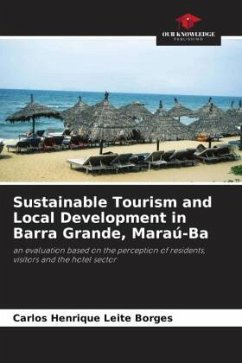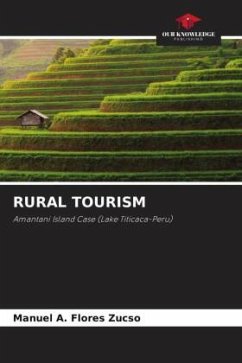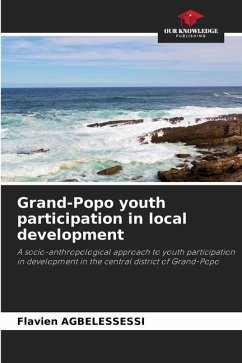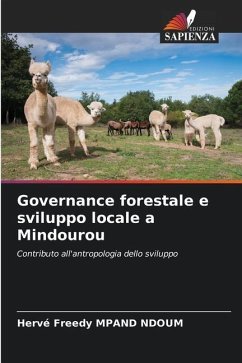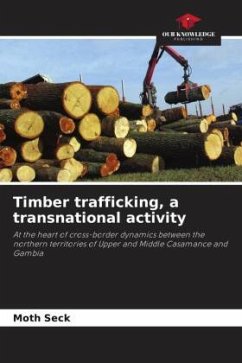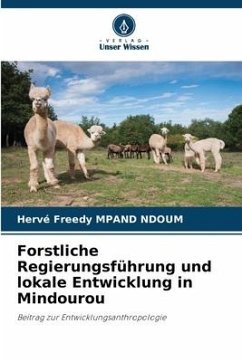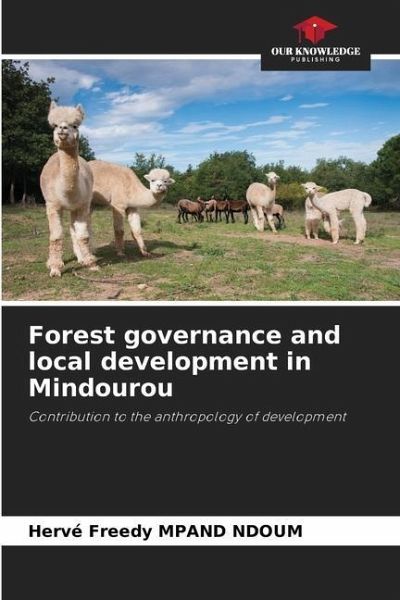
Forest governance and local development in Mindourou
Contribution to the anthropology of development
Versandkostenfrei!
Versandfertig in 6-10 Tagen
53,99 €
inkl. MwSt.

PAYBACK Punkte
27 °P sammeln!
The problem that is highlighted here is that since the 1994 forestry reform law and the various decrees establishing the modalities of use and monitoring of the management of revenues from the exploitation of forest and wildlife resources intended for the riparian communes and village communities, which allow for participatory management of forest revenues with the aim of promoting the well-being of local communities.This study raises the question of why forest governance as it is currently implemented in the country is not working: Why does forest governance as implemented not promote local d...
The problem that is highlighted here is that since the 1994 forestry reform law and the various decrees establishing the modalities of use and monitoring of the management of revenues from the exploitation of forest and wildlife resources intended for the riparian communes and village communities, which allow for participatory management of forest revenues with the aim of promoting the well-being of local communities.This study raises the question of why forest governance as it is currently implemented in the country is not working: Why does forest governance as implemented not promote local development in Mindourou? Forest governance in Mindourou highlights a multiplicity of actors with divergent interests. Local communities are on the margins of forest resource management. This being the case, the State must take into account the realities of each socio-culture when developing laws.



